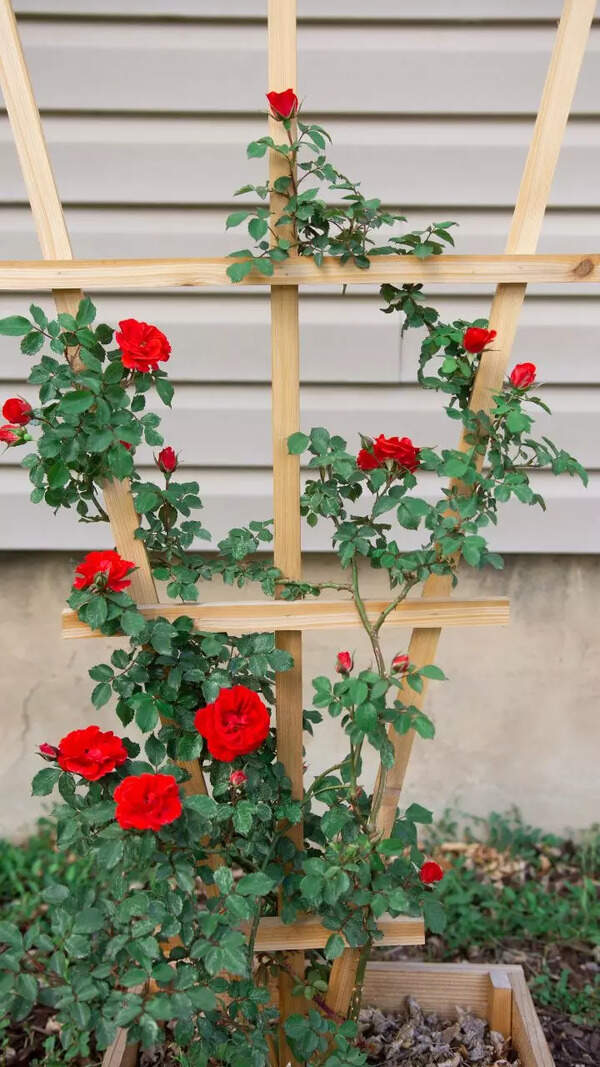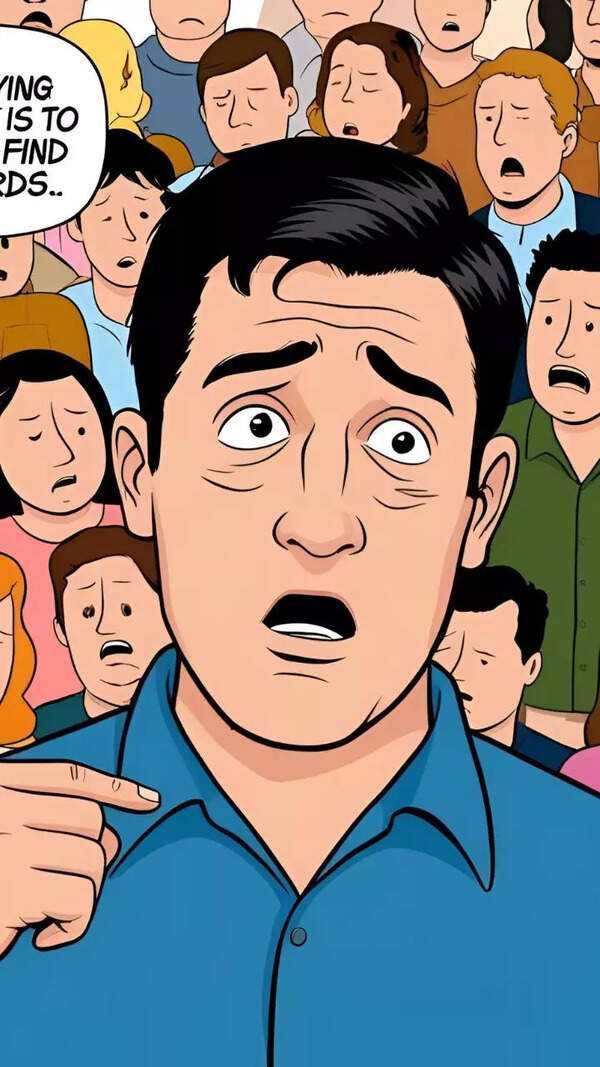- News
- lifestyle
- health-fitness
- health-news
- 7 signs your kidneys are crying for help (even before you get tested)
7 signs your kidneys are crying for help (even before you get tested)

7 signs your kidneys are crying for help (even before you get tested)
Your kidneys perform a host of important jobs in your body, that is filtering waste, balancing fluids, and keeping your body healthy. However, sometimes, your kidneys start failing, (due to a host of conditions) causing serious health issues, which can eventually be fatal. However, while there are certain habits you must inculcate to keep your kidneys healthy, recognising these 3 warning signs is important as well. Watch out for these, and consult your doctor immediately to prevent further damage...

Changes in toilet habits
One of the first signs of kidney trouble is a change in how often or how much you urinate. You might notice:
Urinating more often, especially at night
Urinating less than usual
Foamy or bubbly urine, which can mean protein is leaking into your urine
Blood in the urine, which can look pink or dark

Swelling in these areas of your body
When kidneys don’t work well, they can’t remove extra salt and water from your body. This causes swelling, especially in your feet, ankles, and sometimes around your eyes. Puffiness around the eyes is an early sign of protein loss through damaged kidneys.

Unusual tiredness or fatigue
Kidney problems cause a buildup of waste and toxins in your blood. This can make you feel very tired, weak, or exhausted even after resting. This fatigue happens because your body isn’t getting rid of waste properly, and your blood may have fewer red blood cells to carry oxygen.

Poor appetite
If your kidneys are not filtering well, toxins build up and can affect your stomach. You might lose your appetite, feel nauseous, or even vomit, especially in the morning. Some people describe a bad or metallic taste in their mouth.

Muscle Cramps
Kidneys help balance minerals like calcium and phosphorus. When they fail, this balance is lost, causing muscle cramps or spasms. Also, waste buildup can cause dry, itchy skin that doesn’t improve with lotion.

High Blood Pressure
Kidneys help regulate blood pressure. When they are damaged, blood pressure can rise and become difficult to control. High blood pressure can also damage kidneys further, creating a harmful cycle.

Shortness of Breath
If kidney function worsens, fluid can build up in your lungs, causing shortness of breath. Fluid around the heart can cause chest pain or pressure. These are serious signs that need immediate medical attention.
Remember, any one, or two of these standalone symptoms is not indicative of a kidney condition. However, if you are facing most of these symptoms, it is important to consult a doctor for further evaluation. In the meanwhile, keep your kidneys healthy through a healthy diet, exercise, and by drinking enough water.

How to improve kidney health within a month
Focus on these key areas: hydration by drinking adequate water daily to help your kidneys filter waste; diet by reducing sodium intake to manage blood pressure, opting for fresh fruits and vegetables, limiting processed foods, and moderating protein consumption as excessive amounts can strain the kidneys. It's also wise to be mindful of potassium and phosphorus intake, especially if you have any existing kidney issues. Lifestyle adjustments such as regular light exercise (as advised by your doctor), managing blood sugar levels if you have diabetes, and controlling blood pressure are also crucial.

Diet
A nutritious diet can also keep your kidneys healthy. Foods such as red bell peppers, cabbage, and cauliflower are excellent choices due to their low potassium and high antioxidant content. Fruits like blueberries and apples provide natural anti-inflammatory benefits while being gentle on the kidneys. Protein sources like egg whites offer essential nutrients without overloading the body with phosphorus.

Exercise regularly
Aim for 150 minutes of moderate aerobic activity, such as walking or cycling, weekly to improve circulation and maintain a healthy weight. This will in turn reduce kidney strain.

Stay Hydrated (But don’t overdo it)
Staying hydrated is key for kidney health. Aim for 8–10 glasses of water a day . You can adjust this based on body size and activity.

Stree free
Though not directly related, staying stress free too, helps you stay healthier

Get tested
This apart, if you smell trouble, then it is always a good idea to get tested

When to see a doctor?
If you experience any of these symptoms it is important to talk to your doctor, and not dismiss them.








